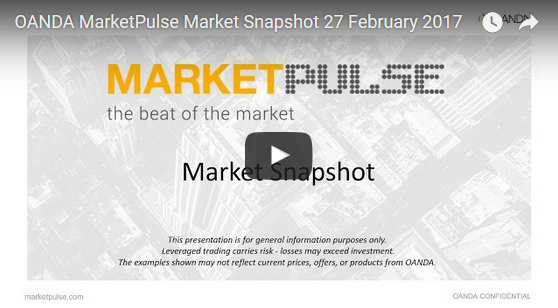From the towering offices of Rotterdam’s port authority, you can watch the never-ending stream of barges begin their river journeys to the Rhine and points across Europe, carrying anything from Chinese microwave ovens to iron ore from Brazil.
The city that spreads below boasts Europe’s biggest port, which is dependent upon the globalized economy for its success and 130,000 jobs. And yet, this North Sea gateway to the world is also the birthplace of the anti-globalization, anti-immigrant and anti-Islam movement that is on course to place first in Dutch elections on March 15.
The appeal of its current leader, the peroxide blond Geert Wilders, seems a paradox even in the age of U.S. President Donald Trump and Marine Le Pen, the nationalist leading the polls in France. For centuries the Netherlands has been a byword for liberalism, religious tolerance and openness to trade. The economy is strong and egalitarian compared to most of the world. Yet Wilders has tapped into deep fears among many low-skilled workers over their jobs in a world of rapid technological change –- even those who depend on global trade pioneered by the Dutch.
EUR/USD – Euro Steady Ahead of US GDP, Trump Speech
West Texas Crude Steady at $54 on Mixed Durable Goods Reports
Content is for general information purposes only. It is not investment advice or a solution to buy or sell securities. Opinions are the authors; not necessarily that of OANDA Business Information & Services, Inc. or any of its affiliates, subsidiaries, officers or directors. If you would like to reproduce or redistribute any of the content found on MarketPulse, an award winning forex, commodities and global indices analysis and news site service produced by OANDA Business Information & Services, Inc., please access the RSS feed or contact us at info@marketpulse.com. Visit https://www.marketpulse.com/ to find out more about the beat of the global markets. © 2023 OANDA Business Information & Services Inc.



